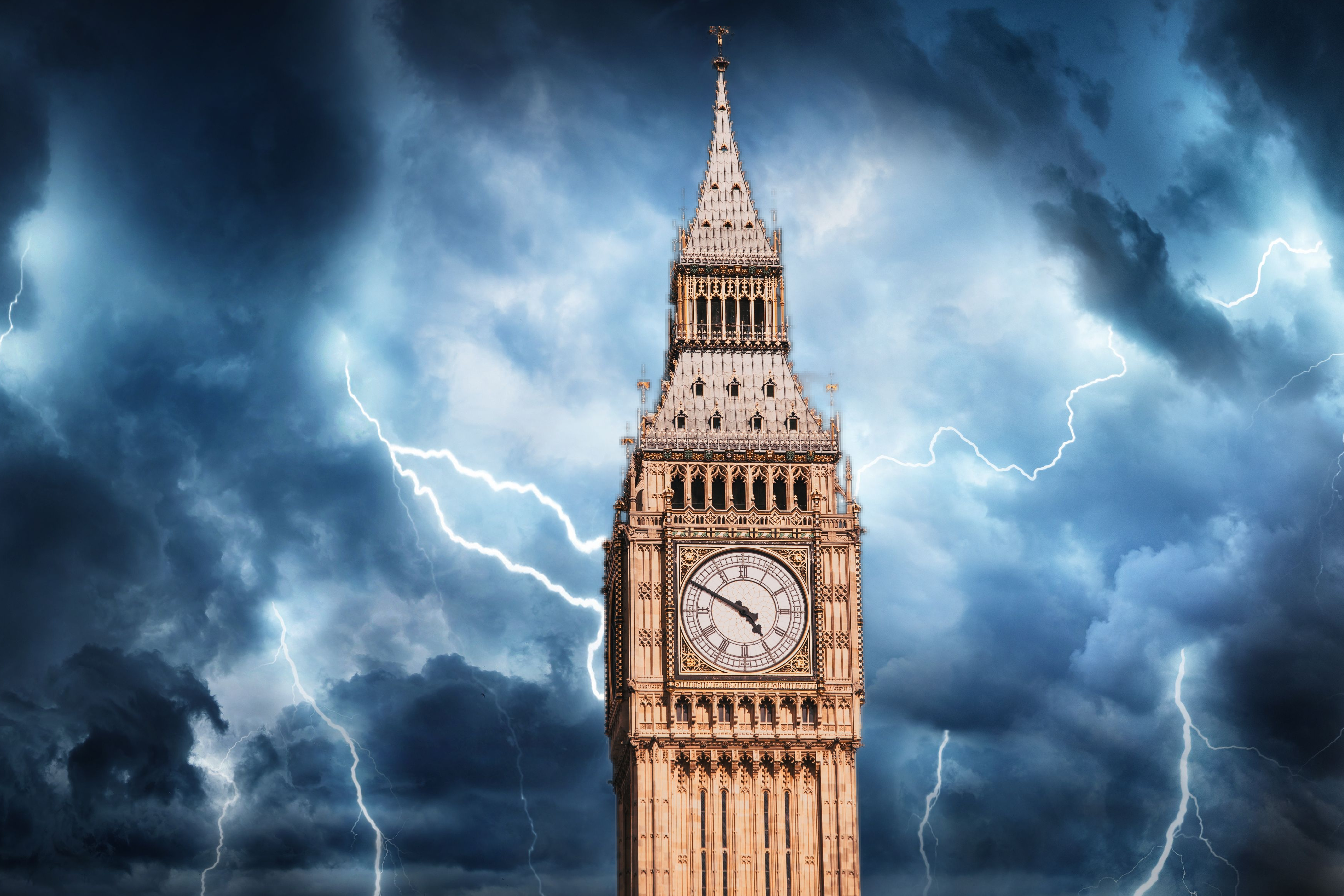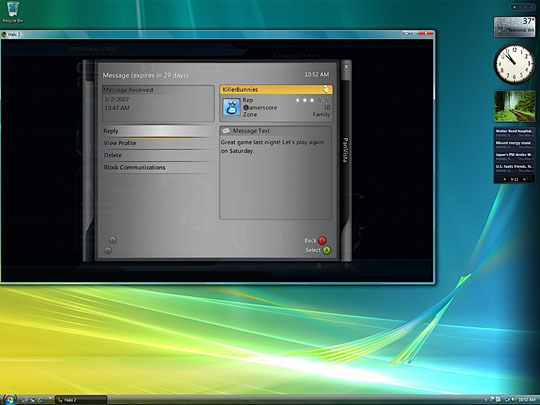
- Select a language for the TTS:
- UK English Female
- UK English Male
- US English Female
- US English Male
- Australian Female
- Australian Male
- Language selected: (auto detect) - EN
Play all audios:
As anxieties about the 2024 election approach, all parties seem to be engaged in a race to find the lowest common denominator that will assure electoral success or prevent electoral wipeout.
In this age of social movements and of insecurity, the “safest” option, politically, seems to come at the expense of the long-term interests of the country and the wider world community.
Where is the hope and the leadership? Political parties hoping to lead us into the uncertainties and unknowns of the future ought to adopt reformist policies that will boldly confront the
challenges of our age, not shy away from them. To win the present should not mean losing the future. We cannot afford to give in to some ill-considered, cheap electoral populism. Yet time is
running out not just before the next election but against our competitors across the world, for movement and headway to be made. As a result, we shall all be poorer for it. Not only is it
vital that one sounds the alarm, but it is even more vital that those in positions of authority and responsibility listen to it. Looking at the age of social movements, we see squeals of
helplessness and of righteous anger at the failures of the Metropolitan Police to reform itself adequately, at the failure to adequately address racial disparities within our society, and at
the lack of ambition or sincerity in meeting our environmental obligations. None of these issues, and many more, are easy challenges that can be solved overnight – but what is lacking is
the confident will and the resolve to move forwards, not backwards. Time is running out. Education is in a state which needs repair and re-examination since the Covid pandemic greatly
impacted the opportunities and attainment of a feared ‘lost generation’ of students. Not only do we need an education system that addresses the job markets of the future, but we also need an
education system that is more vocationally and technically minded, one that does not set an artificial ceiling to talent and ambition by writing off the brightest nor those who have
permanently fallen behind. If any leadership is to be serious about redressing the class and socio-economic disparities within the country, then we cannot afford to have a woolly-minded
belief that the liberal arts are “fluffy”, nor that modern language learning is some pastime best reserved to Duolingo. We need to see as a serious inter-linked priority the scandal that is
the number of unregistered or excluded pupils, who have become not only lost to the education system but lost to society through their adoption by criminal gangs. I am not satisfied that
anywhere near enough progress is being made in these areas. They may not be glamorous, headline-grabbing issues, but it is in the small things that the rot starts in the disintegration and
disrepair of our shared society. Without concerted action, this disintegration is unlikely to be arrested. The environment reveals an unsightly gap between the scale of our ambitions and the
framework we have put in place in order to achieve it. Ulez has been much commented upon as an example of an unpopular initiative to attain these ambitions. There is merit in the scheme,
but one cannot simply and rashly ban a whole type of cars without putting in the necessary infrastructure support. Where are the electric charging points? What consideration has been given
to rural areas for whom the car remains the primary mode of transport? Where is the effort to make electric cars not only affordable to working motorists but to young, new drivers? In our
rush to properly map out the contours of our shared future, let us not revert to the short-term unprincipled U-turns of our recent past, where conservation has been seen as “green crap”. We
see today that there is a purported certain level of “hatred” for “tree-huggers” from our political leaders. Well, let us be mature enough to ensure that our disapprobation of the nauseating
tactics of extreme protesters and irritants does not cloud our understanding of our obligations and duties. Across the country, there is a widespread feeling that nothing in our country
seems to be working well anymore. Much seems to be going wrong. Right now, this country and the wider world seem to be attacked by a brutal malaise of drift, dither, and delay. Energies seem
to be better spent in all-consuming culture wars and unmerciful attacks of bitterness upon one another, endlessly focused more upon what divides us rather than what can unite us.
Politicians seem to be embarked upon a misguided fight for office, rather than an ambitious fight for the future. Heads of organisations seek to use them as mere platforms for the waging of
their own particular beliefs. All the while, cherished institutions and great causes seem to wither and decay with rapid abandon. To be young today and interested or thoughtful about the
tragic state of our world is often to feel frustratingly powerless and anxious for the future that will one day become our present. This is especially so when our future seems to
increasingly be mortgaged for the banalities and passing popularity of the present. What we need today is _resolute_ leadership on a broad front of issues. Thinking for the long-term
according to principles and not just popularity. Leadership will require leading and educating the public, not just being led by opinion polls. The irony is that the wants of the public and
of the politicians increasingly seem to be out of step with one another. This needs to be put right. Strong defence. Keeping to net zero. Addressing broken pockets of our society through
targeted social intervention. Reforming but also defending our national institutions. Making Britain feel a true home for all of its inhabitants. This, and so much more, is the call of the
moment. Let our leaders no longer stand in blissful ignorance. This nation, and this world, must decide, and best decide quickly, whether it means to be a serious actor and player in events,
or be consigned to the sidelines, at the mercy of the passing traffic of the future. To choose powerlessness will be to choose impotence. To fight decline and irrelevance and decay is no
laughing matter or pastime. Time is running out. Enough really is enough. With that in mind, I, like so many others, feel resolved that we must sound the alarm before it really is too late.
A MESSAGE FROM THEARTICLE _We are the only publication that’s committed to covering every angle. We have an important contribution to make, one that’s needed now more than ever, and we need
your help to continue publishing throughout these hard economic times. So please, make a donation._




